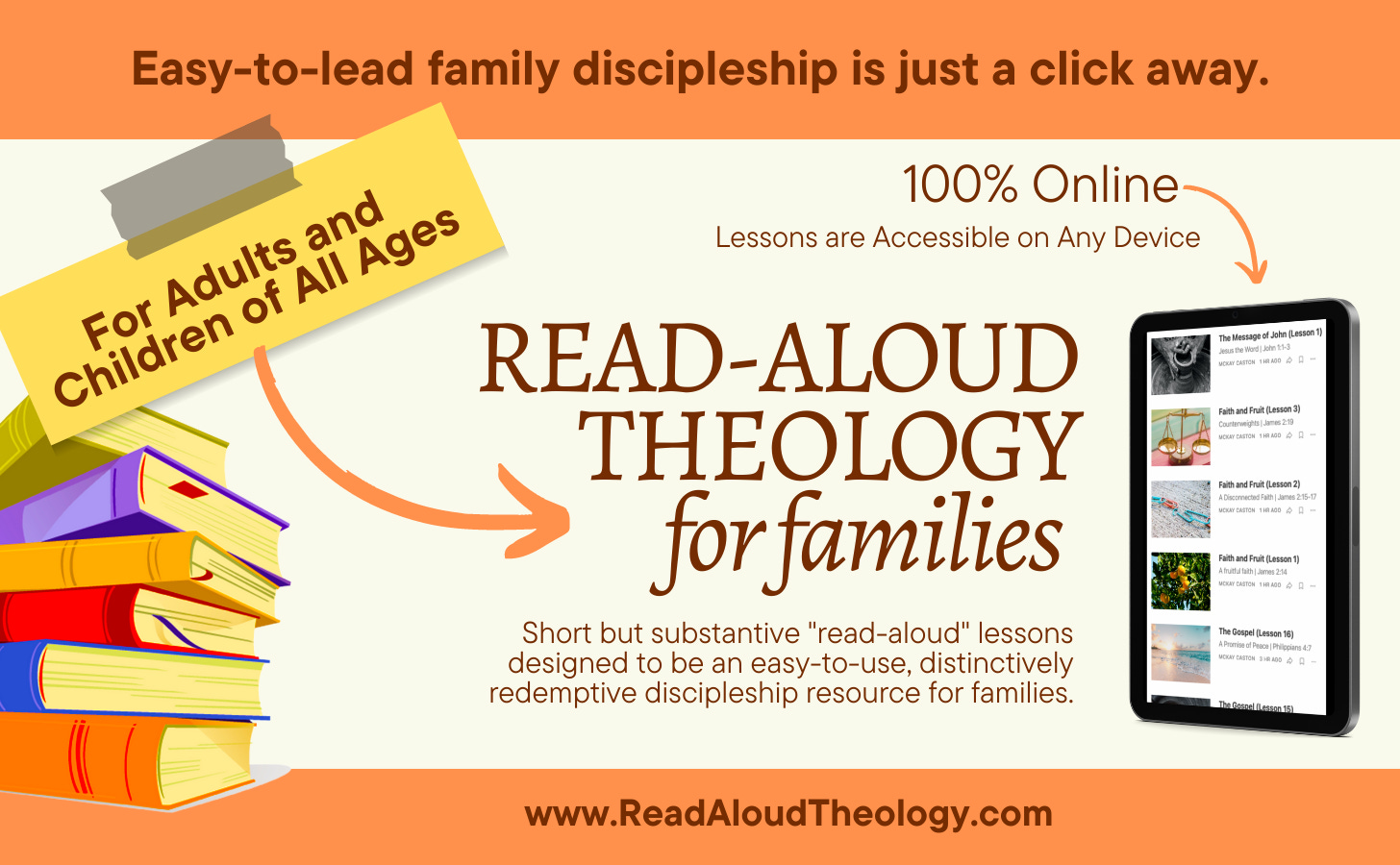What is love?
Before I officiate a wedding ceremony, I require the engaged couple to participate with me in a series of pre-marriage counseling sessions.
In the very first session, there's one question that I always ask.
It is the foundational question everyone must ask and understand before getting married.
“What is love?”
What a softball, right? Wrong.
I have never had a prospective bride or groom answer the question correctly. Never. Not one.
Responses range from the famous stuttering “umm” to “love is, well, it is when you love someone. You know, it is the feeling… an attraction… you know… love.”
My next step is to have them answer the question without using the word love in the definition of love.
After watching them sit and squirm in their chairs looking at the floor for an answer written on the carpet, I finally come to their rescue.
Truth be told, I didn’t answer the question correctly either in my own premarital counseling course in December of 1991.
My pastor asked me, “What is love," and I missed the uprights wide left.
Going into marriage and getting love wrong is like preparing to make spaghetti sauce without tomatoes. In our ignorance, we are leaving out the essential ingredient!
Are you ready for the correct answer to the question?
“What is love?”
Let’s start with a formal definition. “Love is an action that brings blessing to an often unworthy recipient.”
We can say it like this: to love is to bless.
To bless is to do someone good.
Did you notice the verb? Do. This is active, not passive. That gets us started.
1. Love is Active, not Passive.
Let’s pause here for just a minute because this definition of love runs contrary to our contemporary culture’s understanding.
Hollywood describes love as a virus—something we catch. But given time and the right circumstances, we can get over it. Thus, when the love feelings are not present, we can say, “I am not in love with you anymore. I have recovered from the virus.”
This Hollywood brand of love as a virus is a wholly passive thing. If we can fall into it, we can fall out of it. The entire process is haphazard and uncontrollable. Like falling. From this perspective, love is something that happens to us rather than something we do to someone else.
To use our virus metaphor, when the symptoms are gone, so is the disease.
But love is active, not passive. It is not accidental. It is not a disease that can be cured.
Love is a choice.
This means that my wife will not know I love her by some mystical feeling but by objective actions. I can say whatever I want, repeating “I love you” over and over. But if my actions are not loving, then I am not loving her.
Does that make sense?
2. Love is Not Primarily an Emotion.
Biblical love is not passive. It is active. It is not driven by emotion but is rigorously volitional. It is not a virus that we catch or a hole into which we fall when not looking.
Yes, love includes emotion and feeling.
But it is important to emphasize the significance of love being a choice.
Some have described the volitional, active dynamic of love as the engine on a train versus the caboose. While cultural depictions of love often put emotion as the driving force, biblical depictions of love tend to put volition in the driver’s seat with emotion following behind as the caboose.
Let me be clear, emotion is not unimportant. Love without emotion is like fireworks that boom but don’t sparkle. With biblical, covenant love, “boom and sparkle” are designed to go together.
What we discover is when we commit to love with sacrificial action, feelings of love are stirred in powerful ways.
3. True Love is Costly.
In order to grasp the concept of love as an action that intends to bless—as a choice—we need to understand two ancient words: hesed and agape.
In the Old Testament, hesed is the Hebrew word used for God’s initiating, covenantal, and even sacrificial kindness to the nation of Israel. What we discover is that true love is costly love.
Without going into unnecessary detail, Israel was a mess, completely undeserving of the rescue they received over and over again. But hesed love does not bless the deserving or those who can earn someone’s blessing by their good behavior or by returning a favor.
Hesed initiates blessing to the undeserving. Regardless.
Hesed keeps its promises to bless. Period.
Hesed is willing to do whatever it takes to bless. Whatever.
Even if “whatever” means making the ultimate sacrifice of self to bring good to someone else.
In other words, we should expect love to be costly, requiring extraordinary sacrifice for someone who doesn’t deserve it and can’t pay you back.
In the original Greek text of the New Testament, agape is the word used for God’s love expressed in the redemptive actions of Jesus. It is very much like hesed love.
Notice, I said the redemptive actions of Jesus. The gospel, or good news from God in the Bible, is not that God has merely said, “I love you,” but that he has demonstrated his love. He has confirmed his love through a voluntary sacrifice of self.
This is why the cross is the ultimate expression of love. It is active. It is covenantal. It is a costly, sacrificial choice. It is the practical display of what it looks like to bring blessing into someone’s life.
In other words, love is a tangible expression of grace. It is a gift. Undeserved. It is pure gift.
4. Love is a Gift, not a Reward.
This may be the most marriage-altering principle that could ever be discovered.
Why? Think about it.
Usually, what we call love is merely a response to beauty or behavior.
We “give” someone our attention if they are attractive.
We “give” someone an encouraging word after they have performed successfully.
We “give” gifts when someone accomplishes a task that is noteworthy.
However, these responses are not gifts. They are rewards.
But reward is not love. Reward is not grace. Reward is a wage, not a gift.
Maybe we should emphasize this. Love is never deserved.
This kind of “love” runs counter to the kind of agape love that God reveals in the Bible through Jesus.
Agape love is the kind of love that has the power to transform the most broken relationship. What could be more broken than a sinner’s relationship with a holy God? But God’s agape love has restored the brokenness through the act of sacrifice.
When we choose to bless a spouse, regardless of whether they deserve blessing, we are on the road to relationship renewal. We're on the path to a healthy marriage.
And it may be that the most significant application of the “love is a gift not reward” principle is for how parents engage with their children.
Am I loving them or rewarding them?
It’s an important question that just might make all the difference in the world for them to know what it is to be the recipient of a parent’s agape love in the same way that we receive the agape love of the Father.
5. Love Must be Received Before it Can be Given.
The only way that I will choose to love in this way is if I have been loved in this way.
This is why a personal, conscious faith in the active, sacrificial, practical love of Jesus for me is so crucial. It is being the recipient of a “choosing love” that empowers me to be a giver of love.
Because love is a choice.
Even though Hollywood, Disney, and the like tend to operate from a “love is a feeling” paradigm, they just can’t help telling stories that echo the internal wiring of the human story— a story that knows that true love really is about the ultimate sacrifice. The kind of sacrifice that transforms those who are the recipients of such a costly gift.
Inside Out is one such story.
The unlikely hero is a character named Bing Bong, a fluffy pink creature from young Riley’s imagination who, by his own admission, is comprised of cat, elephant, and dolphin (with a body made of sticky-sweet cotton candy).
When we first meet Bing Bong, he’s rummaging through Riley’s memories, hoarding his favorites in a make-believe bag. He is a wandering vagabond who wanted nothing more than to take Riley to the moon.
Riley is the little girl who is in danger of losing her ability to feel joy, represented by the blue-haired emotion, appropriately named Joy, who becomes stuck with Bing Bong in the realm of discarded memories, a desolate abyss of gloom and darkness.
Riley was on the brink of eternal sadness.
Joy and Bing Bong are desperate to escape the hell of their abyss. Joy for obvious reasons. Bing Bong, because of his dream to take Riley to the moon.
The only way out of the dungeon is by singing a magical rhyme together that empowered a rainbow-powered rocket wagon to blast from the place of forgotten memories to a ledge above that would lead them back to Riley, who again would regain a conscious awareness of both Joy… and all the childhood memories she has of her favorite imaginary friend, Bing Bong.
Their first attempt out seems like a success, until just before the ledge, the power gives out and they tumble back into the abyss.
With even greater determination they try again, only to fall short.
Picking themselves up, Bing Bong tells Joy, “C’mon, Joy, one more time. I got a feeling about this one.”
As they are riding in the toy wagon singing their song as quickly and loudly as they are able, with extreme desperation, Bing Bong tells Joy to “sing louder, sing louder!” and then, unexpectedly, bails out of the wagon, falling alone into the depths of the cavernous darkness.
Without his weight to hold them down, Joy is able to ascend to the ledge.
But Bing Bong is not on the ledge. As she goes back and peers over, Joy sees and hears a far-a-way Bing Bong celebrating with dancing and shouts, “Wha ha, ha, ha! You made it! Now go and save Riley! Hahaha!”
Then, as reality sets in, his exuberance turns to reflection.
“Take her to the moon for me. Okay?” And smiling, with a wave, he dissolves into a forgotten memory.
That is love.
Because love is a choice.
Thank you, Bing Bong.
But even more, thank you, Jesus.
We rejoice that in your sacrifice you did not dissolve but arose. We will see you again… and forever sing as those who have been saved by your sacrificial, costly, I-will-never-let-you-go love.
Discussion Starters
How did this lesson change your understanding of love?
What was most challenging about this lesson?
What do you think could be most helpful about the lesson?
Discuss this statement in relation to the love of God in Jesus: "The only way that I will choose to love in this way is if I have been loved in this way."
✅ This post is an excerpt from my online course The 7-Day Marriage Reboot.
While the course itself is $29, you may receive it for free just trying Read-Aloud Theology with a free trial. Click the image below for more info.
You received this message because you signed up to receive information in the past (15minutefamilytime.com), purchased a product (mckaycaston.com), or subscribed to one of my blogs such as The Mustard Seed. However, I definitely don’t want to bug you. So, if you’d rather not receive any future messages from Read-Aloud Theology, you may easily unsubscribe below. Thanks. 🙏





